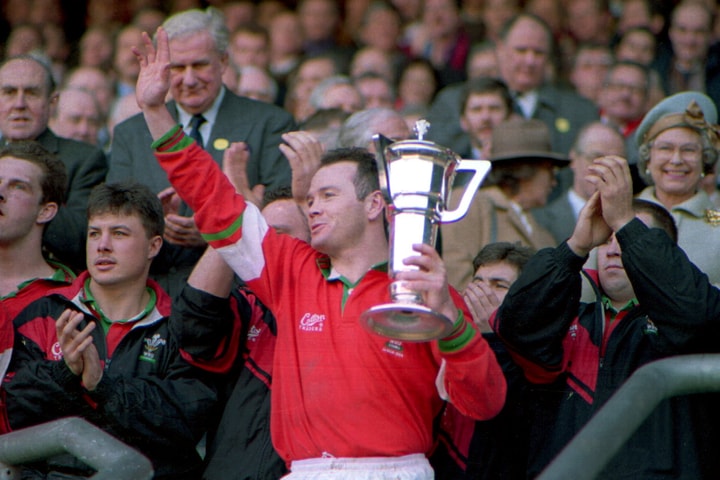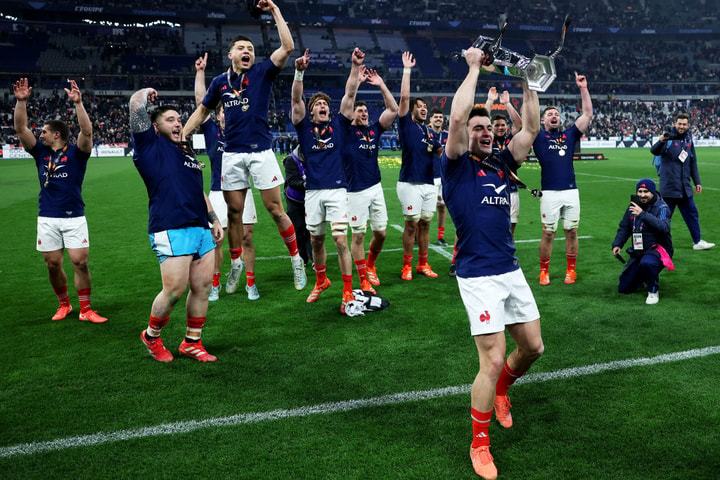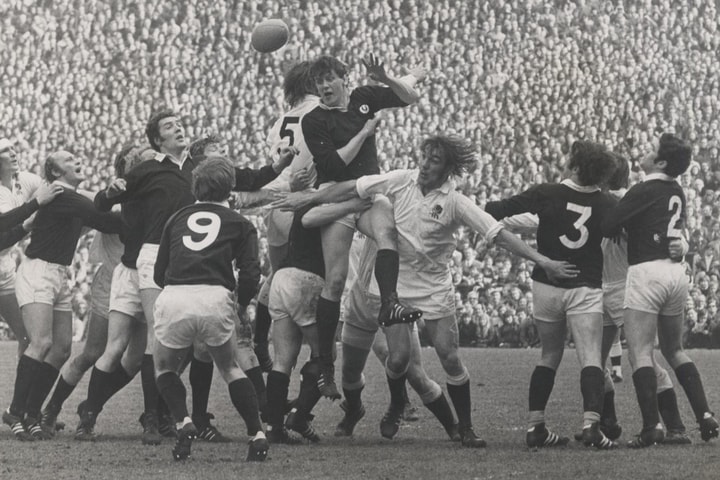As professionalism in rugby union bedded down in the late 1990s, it became customary for the three Southern Hemisphere powers to send their teams over to the United Kingdom and France to play a series of three or four test matches in the months leading up to Christmas.
At full strength the touring teams sent by Australia, New Zealand and South Africa were very hard to beat despite home advantage for their opponents, but some years the selectors of the three countries chose to rest some of their stars and blood less experienced players in the cauldron of the great rugby grounds of the Northern Hemisphere.








